Esports exercise and diet plan by Head of Performance at EXCEL ESPORTS
Pro esports players train and diet just like any other athlete – here is the exercise and diet plan of a leading British competitive gaming team

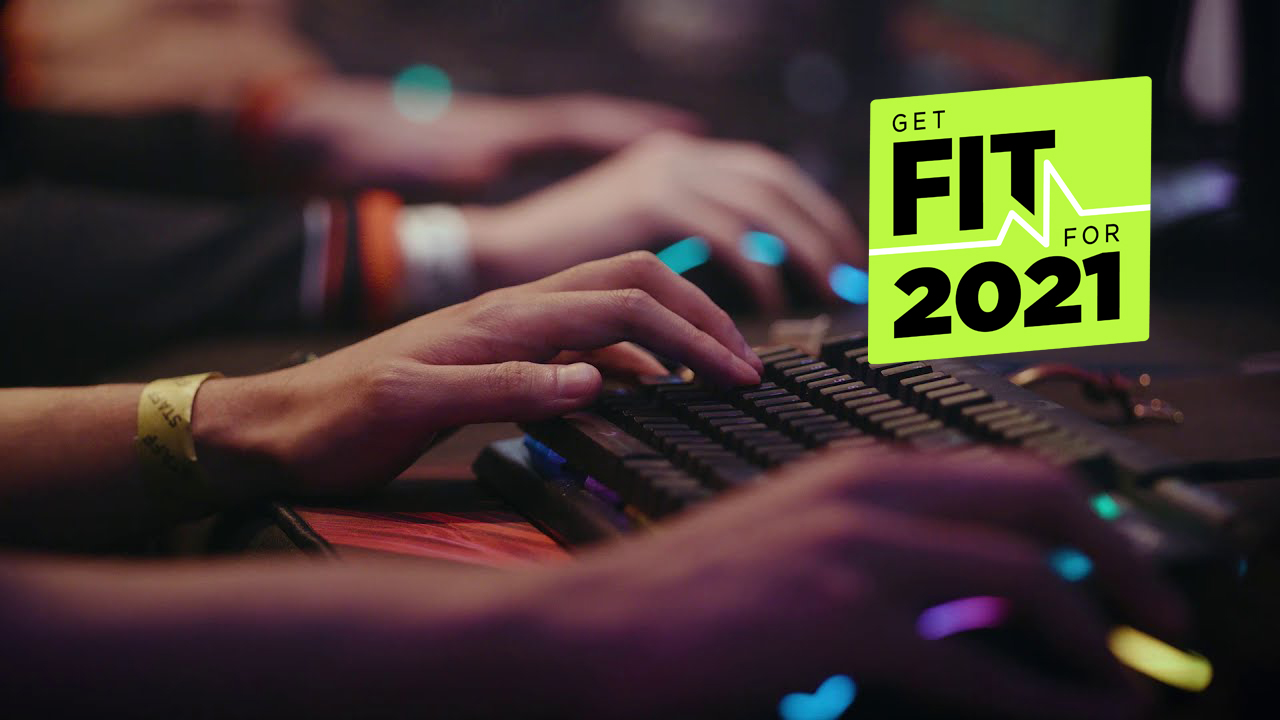
Get all the latest news, reviews, deals and buying guides on gorgeous tech, home and active products from the T3 experts
You are now subscribed
Your newsletter sign-up was successful
Esports is big, and it keeps getting bigger by the year. Top esports players train and exercise just like any other athlete; sometimes even harder. If you want to be the best, you have to train the hardest, and this mantra is true for esports too. In the UK, one team that is pioneering esports performance is British esports brand EXCEL ESPORTS, which has competitive rosters across two game titles, Fortnite and League of Legends. The team is featured in the newly released BBC Three documentary Fight For First: Excel Esports, which is now available to stream on BBC IPlayer.
But what does an esports training routine look like? We asked Fabian Broich, Head of Performance at EXCEL, to break down the exercise and diet routine he has implemented amongst EXCEL ESPORTS players. Some of the exercises and stretches can also be utilised by regular desk workers too, to help them improve both their physical and mental health. Below, Fabian explains how he trains the best esports athletes at EXCEL in his own words.
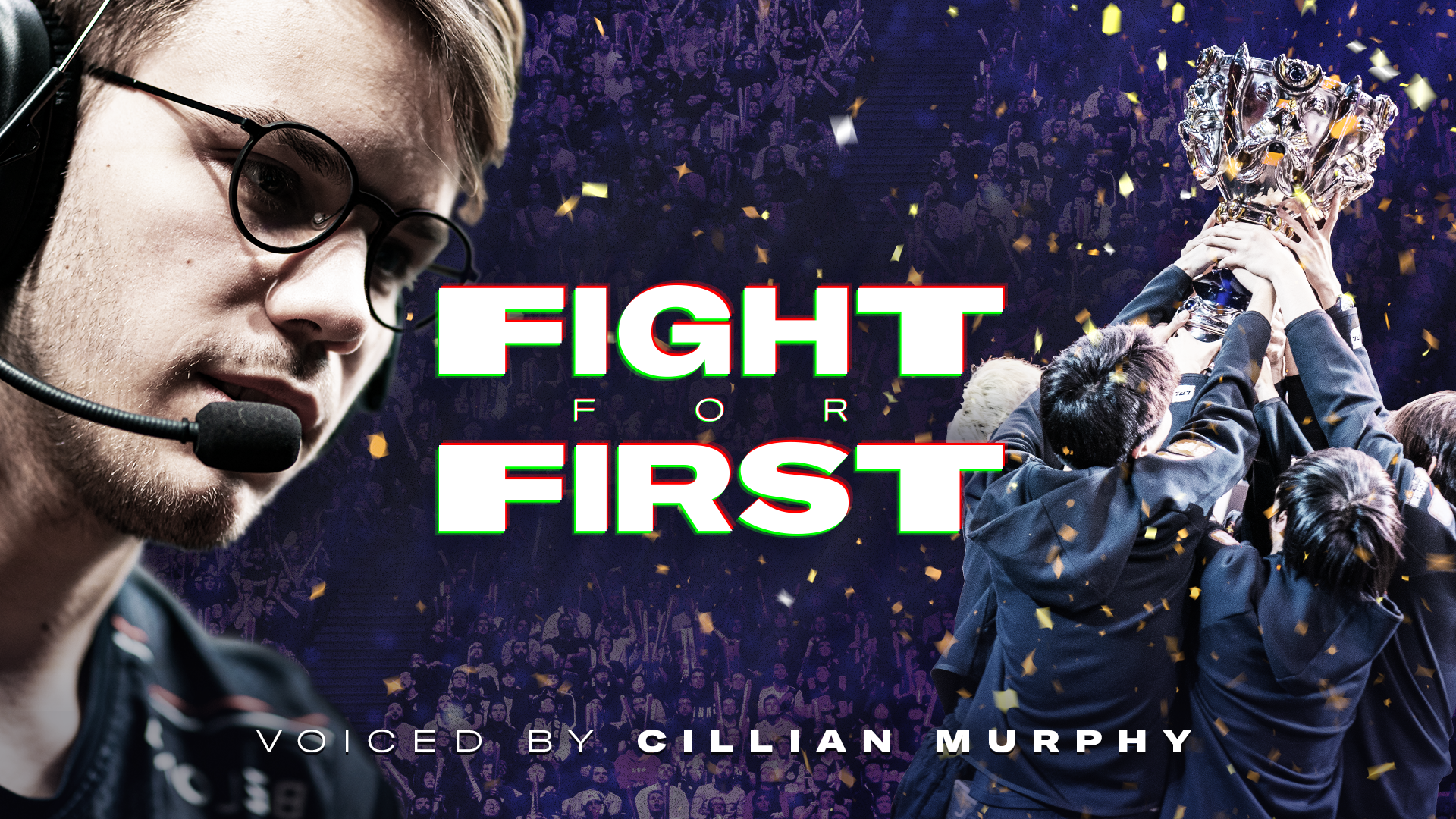
Check out the limited series Fight For First: Excel Esports on BBC iPlayer
Exercises
At EXCEL ESPORTS, the weekly exercise routine is broken down into three fundamental areas: stretching, cardiovascular endurance and resistance training.
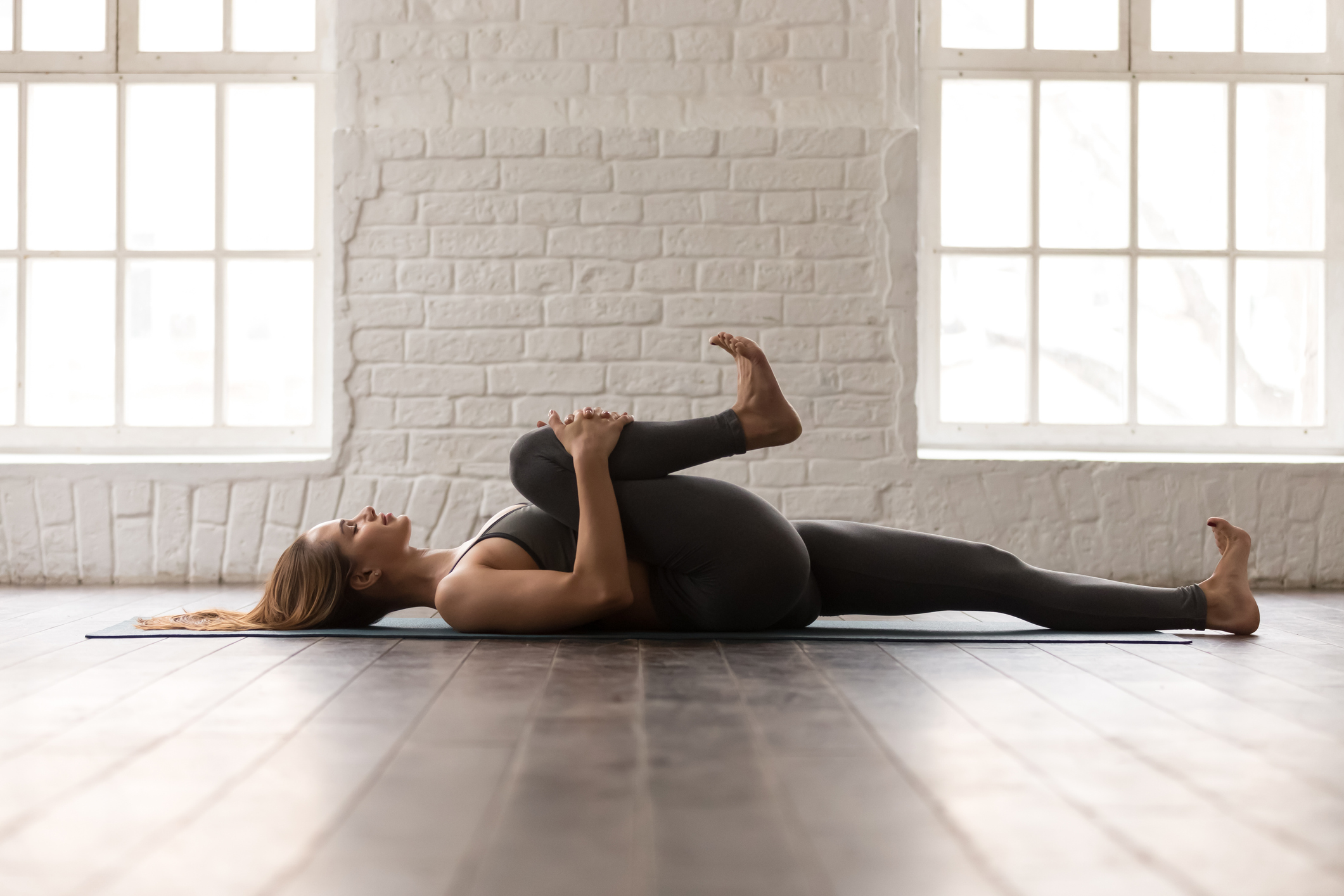
Esports training: Stretching
We encourage our players to stretch every day to reduce the chances of injuries. This is because the length of time esports professionals can spend competing and training at a computer each day can lead to injuries. Sitting in front of a computer for long periods of time, for example, can result in back problems, and at worst, gamers can suffer from chronic back pain. If you’re in the same position for long periods of time, you’re not moving your muscle groups, and over time, this results in your muscles getting weaker because they aren’t supporting your body structure.
Meanwhile, neck strain is also common amongst gamers, and two issues that can cause neck strain in gamers are overarching the neck to look closer at the screen and psychological stress. When you’re stressed, it often builds up in the neck, and you feel a lot of tension. This is actually something many of us experience in everyday life.
Another common problem area for gamers is the wrists and hands, which is often related to controller size. If your controller is too big, it can lead to over-straining to reach different buttons, and if the controller is too small, it can also cause you to clench your hands for long periods of time, which can also be problematic.
As a result, we create stretching programmes for our players that focus on common problem areas such as the back, neck and wrist, as well as other areas like legs and shoulders.
Get all the latest news, reviews, deals and buying guides on gorgeous tech, home and active products from the T3 experts
Stretching routine (15-20 minutes per day)
Back stretches
• Back to Heel stretch - 2 x 10 reps (hold 5 seconds in each position)
• Bridges - 2 x 10 reps (hold for 3 seconds when up)
• Back Extensions - 1 X 10 reps (hold for 3 seconds when up)
Neck stretches
• Side to side head turns - 1 X 10 each side (hold for five seconds on each side)
• Neck rotations - 1 X 10 each side (hold for five seconds on each side)
Wrist stretches
• Wrist stretch - 3 X 10 seconds on each hand
• Wrist resistance press - 3 X 10 seconds on each hand
Foam rolling
• Foam rolling in the core muscle groups to alleviate stress and reduce tightness and soreness
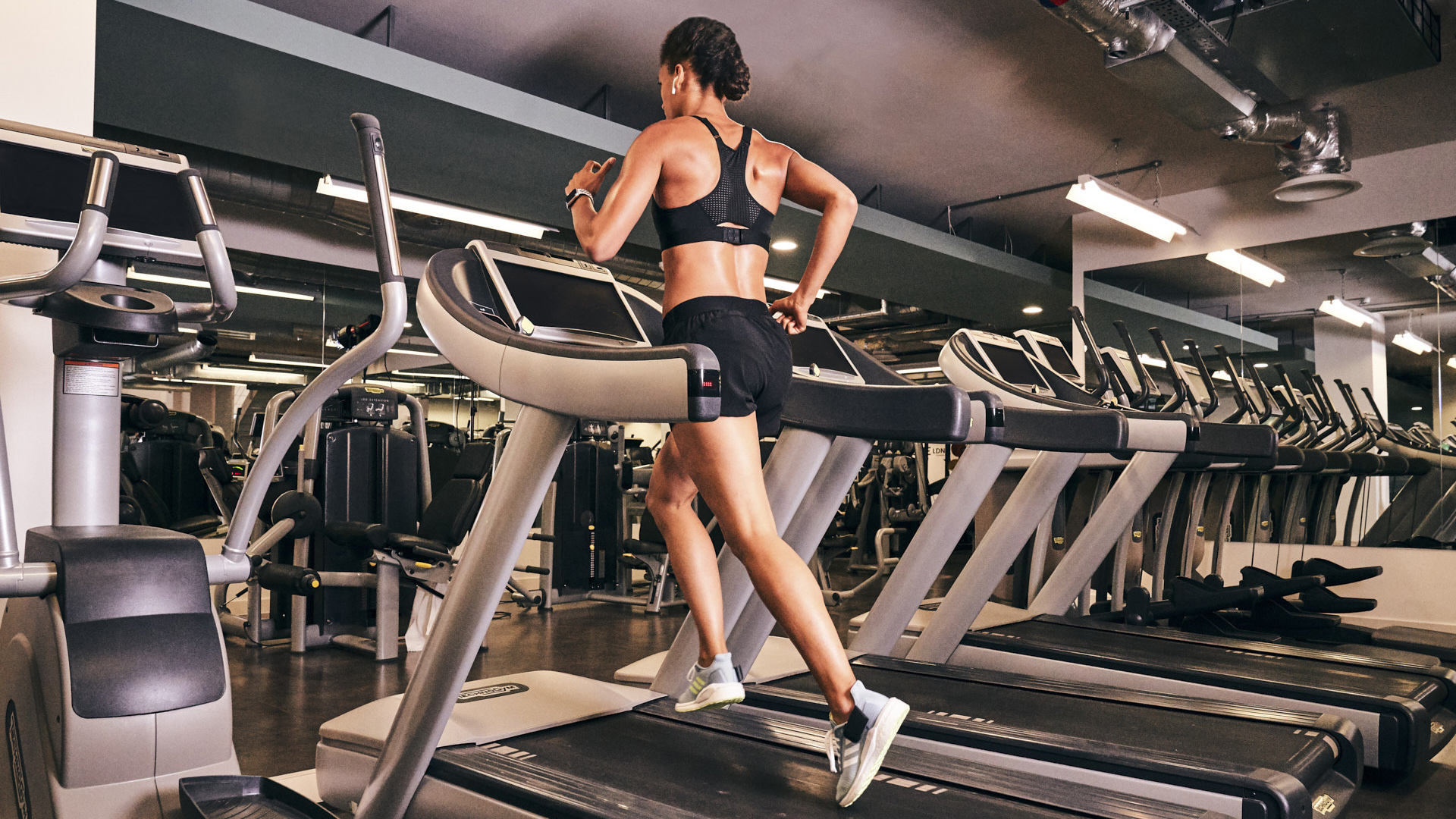
Esports training: Cardiovascular endurance
Cardiovascular endurance can help improve your overall well-being as well as your concentration levels. In competitive matches, the longer the game goes on, the more errors tend to occur. As well as this, the pressure and stresses that come with being a professional esports player can be significant.
At EXCEL, we schedule 2-3 times a week of cardiovascular training. This can help reduce stress levels and improve general well-being among the players. Some recent studies also suggest it can help improve concentration levels, something that’s imperative for gamers when competing at the highest level.
The cardiovascular exercises always vary and usually include more traditional cardiovascular training activities such as running, biking or rowing, both indoors in a gym facility or outdoors. But, we also like to bring a social element into our exercise to help promote team building and social cohesion, so sometimes we can play games of football, ultimate frisbee and basketball too. Given the number of hours of training in front of a computer, we will always encourage players to train outdoors to allow them to also get the benefits of being outside in nature.
Because all different players have different levels of cardiovascular endurance, we tailor it to them player specifically. However, by the end of the pre-season, we want to see the team being able to complete cardiovascular activities for 30-40 minutes in total per session.
Cardiovascular endurance exercise routine (2-3 per week for 45 minute)
• Run for 15 minutes non-stop
• Walk for 15 minutes
• Run for 15 minutes non-stop
Or
• 45 minute bike ride
Please note: These examples are baseline examples that EXCEL use to assess the fitness levels of each player. EXCEL will then adjust the routines depending on their baseline fitness levels and personalise them to the individual.
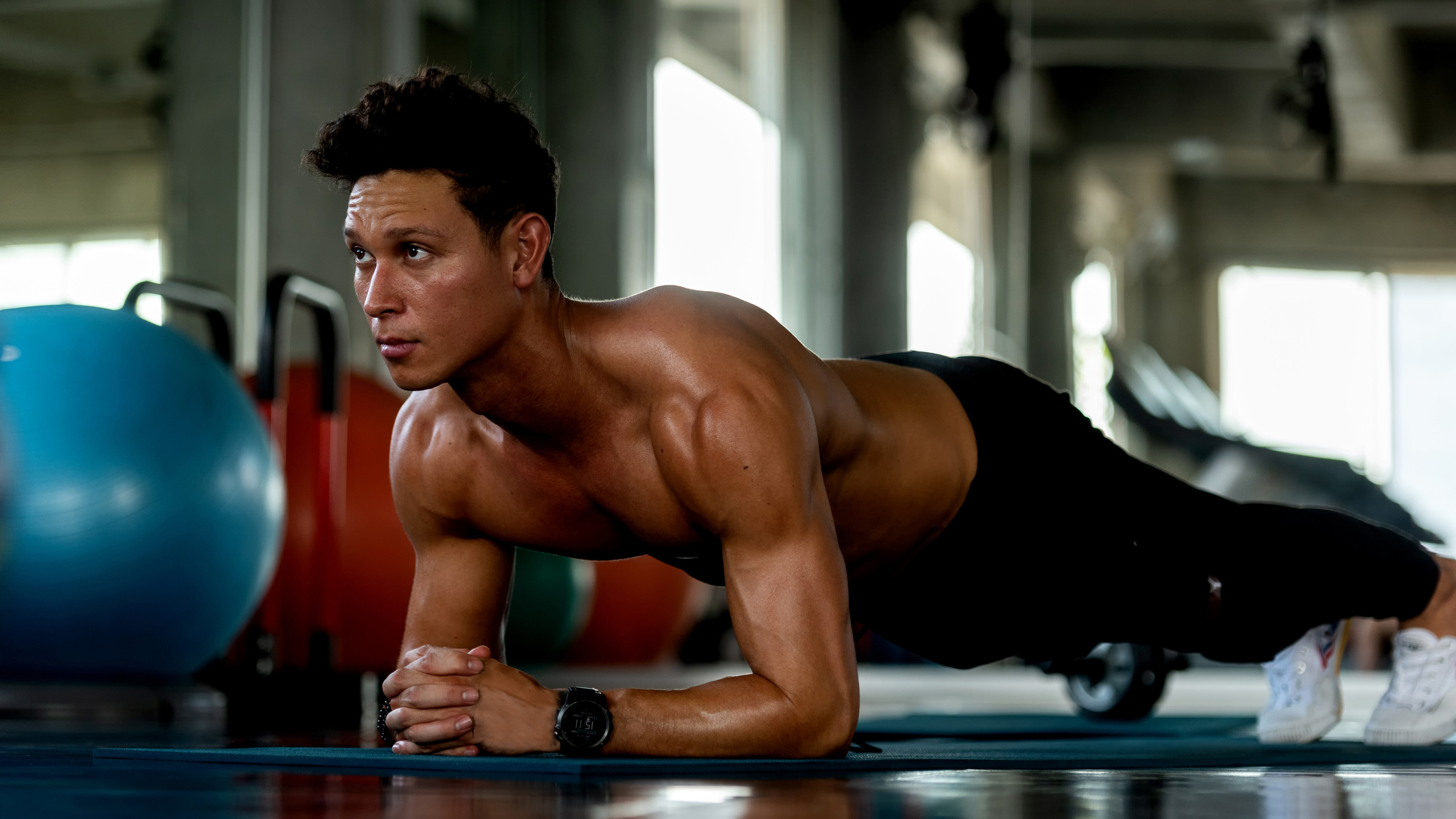
Esports training: Resistance training
As well as 2-3 cardiovascular training sessions per week, we also schedule two resistance training gym sessions per week with EXCEL’s Performance Manager, Simon Bayer, a Sports Scientist that oversees the team's exercise training. Each player has their own plan that is again tailored according to the individual. Generally, though, these will include a lot of body-weight exercises such as pull-ups, push-ups, sit-ups and some weighted exercises.
Preventing injuries and building strength in the upper body given is imperative for esports professionals because they are sitting down a lot of the time. Resistance training, as well as cardiovascular training, optimizes blood flow. Optimising the blood flow around the body can help prevent injuries and reduce the risk of cardiac diseases.
Building strength in certain muscle groups can also help improve posture, which is important for esports professionals, given they spend long hours sitting at the computer. Building up strength in the abdomen and back, for example, can help significantly improve posture.
Both cardiovascular exercises and resistance training can also help release endorphins. Endorphins can help with reducing stress levels - which a lot of the top esports professionals have to deal with now they compete at the highest level - improve self-esteem and also boost happiness.
Resistance training exercise routine (2-3 times per week for 30-45 minutes)
- Wall sits - 3 sets (hold for 1-2 minutes)
- Push-ups - 3 sets (max reps for each set)
- Split squats - 3 sets (10-12 reps)
- Hip airplane - 3 sets (10-15 reps)
- Plank hold - 3 sets (max hold for each set)
- Lateral plank hold - 2 sets (max hold for each set)
- Abdominal jackknifes - 2 sets (max reps for each set)
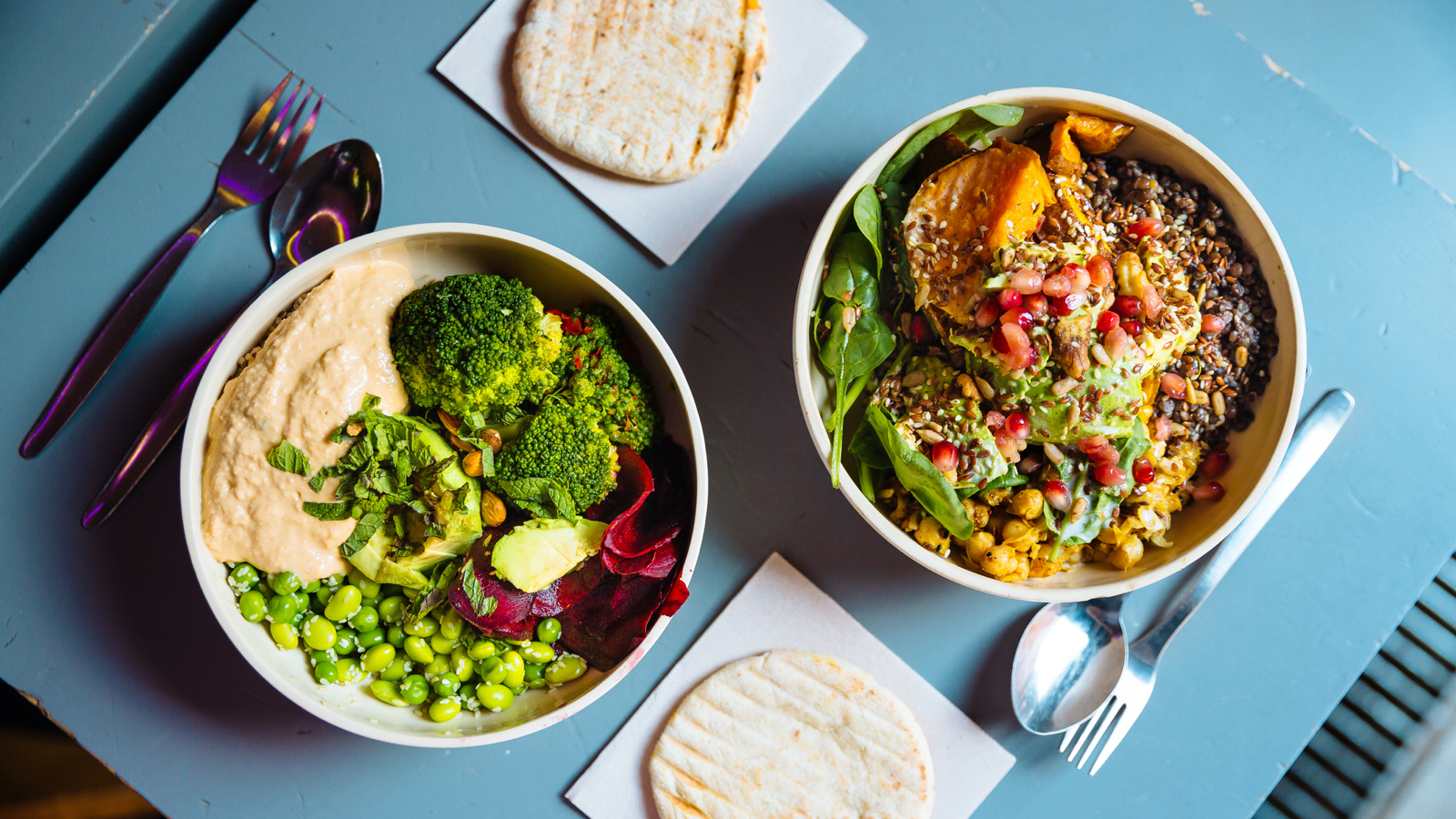
Esports training: Diet
Diet is very important for our players. Getting the right nutrition every day can help improve overall health and, importantly for gamers, cognitive function while playing the game.
Since joining EXCEL ESPORTS, there are various areas of the player's diets we have looked to improve, from introducing supplements into their diets, increasing the number of vegetables in meals and making meals a social occasion where the team sit down and enjoy their food together.
We also have our very own chef that will provide the players with two meals a day (lunch and dinner). I work with the chef to ensure the players are getting their diets depending on their schedule for the day.
The game day diet is a little different to the practice day diet. On practice days, if they’re exercising in the mornings, we provide them with a little bit of a different breakfast to take the exercise into account. In contrast, on game days, we tend to provide players with less food and more snacks to ensure they are retaining optimum levels of cognitive function. We also allow one cheat meal every three weeks.
Example of a game day diet
9AM - Breakfast
Healthy Pancakes with nuts and fruits Or Bagels with egg and salmon
On game day we tend to treat players to some healthy pancakes with lots of fruit and nuts. The reason for treating them to a nice breakfast is psychological. It means all the players eat breakfast together and are enjoying the food which sets the right tone for the rest of the day up until the game.
1PM - Lunch
Chicken or salmon with mashed potatoes and a salad
On a game day we provide players with a smaller meal for lunch. If you have a big meal for lunch it means your blood flow will go from your brain to your stomach to try and help digest the food. This will put the players in what is commonly known as a ‘food coma’ and could result in poorer performances.
6PM - Dinner
Bibimbap - with rice, vegetables, meat and eggs
(Sauce is allowed, however we don’t allow them to have too much because of the amount of sugar and additives they include)
We also provide a smaller meal for dinner on game days and we always eat two and a half hours before the match itself to allow the food to properly digest. So, if the match takes place at 9pm, we’ll eat between 6-6:30pm. Sometimes matches can take place earlier in the day (between 5-6pm). If that is the case, we’ll provide them with snack food a couple of hours before the match instead.
Snacks
Nuts, berries, fruits, protein balls
Snacks are great on game day as it means players can eat little and often between main meals to keep energy levels at an optimum level. Fruit and nuts provide the right nutritional properties to help with cognitive function too.
Drinks
Isotonic drinks mixed with water (during the match)
During matches we will provide players with isotonic drinks mixed with water. Isotonic drinks contain a lot of sugar. While certain levels of sugar can be positive, we don’t want to provide our players with too much sugar because it could result in them crashing while gaming and weaken their performance.
Supplements
Vitamin D, multi-vitamins, fish oil, magnesium, zinc, caffeine
Given the amount of time spent indoors gaming, it's important for gamers to take supplements to ensure their body is getting the essential nutrients to maintain and improve their level of health. We also use caffeinated supplements on game days to increase alertness in players. We use 20mg caffeinated supplements instead of coffee as it's easier to regulate how much caffeine is being given to each player.
BBC Three’s Fight For First: Excel Esports can be streamed on BBC iPlayer from Sunday 10 January. It will also be shown weekly on BBC One, starting from 11.35pm on Wednesday, 13 January.
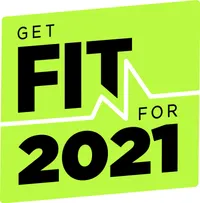
This is part of T3's Fit for 2021 programme, which will be running throughout January. We aim to bring you tips on diet, lifestyle and exercise that will help you shape up for what is certain to be a difficult year. One thing we can guarantee: it WILL be better than last year. And hopefully we'll help you get the most out of it.

Matt Kollat is a journalist and content creator for T3.com and T3 Magazine, where he works as Active Editor. His areas of expertise include wearables, drones, action cameras, fitness equipment, nutrition and outdoor gear. He joined T3 in 2019.
His work has also appeared on TechRadar and Fit&Well, and he has collaborated with creators such as Garage Gym Reviews. Matt has served as a judge for multiple industry awards, including the ESSNAwards. When he isn’t running, cycling or testing new kit, he’s usually roaming the countryside with a camera or experimenting with new audio and video gear.